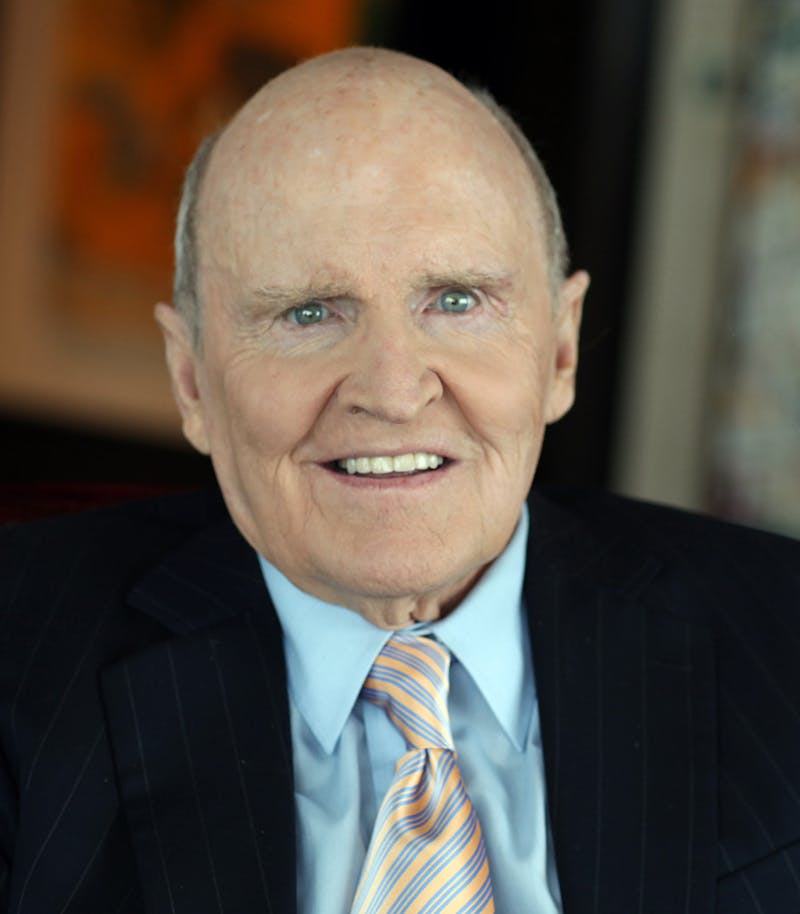Of all the political turmoil we find ourselves in on a daily basis, the issue of age and our elected officials has become one in the same. With many state officials and those with the most power in our government getting up there in age, the question must be asked, should there be a cap to the age at which officials can serve.
People over the age of 65 only make up about 17% of the U.S. population and they don't have the same lived experiences as the rest of the country. Younger politicians are more trustworthy because they know what it is like to live in today's culture and economy and will therefore make choices that have a more positive impact on our country. For example, 70-year-olds aren't the ones currently on the market looking for affordable housing. Those 25- to 40-year-olds are.
Keeping people in power until they physically cannot function is such a dangerous game America keeps playing. It not only has out of touch people making massive decisions, but blocks the younger crowd (who make up more of the population as Evan noted) from being able to participate
Like term limits, age-limits intuitively feel like a simple solution to a host of problems. Many would agree with the recent consensus about older generations being out of touch and making decisions that don't affect them. Feinstein and McConnell are definitely showing signs of physical and cognitive health issues, and should have resigned a long time ago.
But the issues lie in two areas: democracy and practicality. First, there's the idea of democratic representation. While older generations might not actively be searching the housing market, they are still citizens and are impacted by decisions, especially on things like Social Security and Medicare. There's also the issue of practicality — instituting term limits or an age limit would require a constitutional amendment. The chance of getting an amendment through our current political environment is basically zero, and that's if you could convince Congress and a president to sign on to a piece of legislation that would put an expiration date on their careers. You'd have a better chance getting them to take a pay cut.
However, the blame does not solely lay with the candidates. If we want younger and better representative candidates, we need to vote accordingly. Showing support (with votes and donations) to younger candidates has much more potential than an age-limit. An age-limit would also preclude us from some of the older officials who genuinely have young people's interests at heart, like Bernie Sanders and Ed Markey
An age limit may not be necessary, because the voters are the people who should determine if a politician is too old, and we should not pass the buck to our government to make this decision. Perhaps that is a negative referendum on us as voters for nominating and electing older people who are in poor health instead of younger people whom we disagree with. In 2024, Kentuckians can vote Mitch McConnell out of office. There are 18 other members in the legislature who are in office at 80 or more years old and will face the voters no later than 2028. Not to mention President Biden is 80, too.
If we believe their ages disqualify them from office, then we ought to vote them out. Age alone is also not a guarantor of competence or incompetence. One can think of anecdotal examples of older people who are impressively more competent than ourselves, as well as older people who are tragically less competent than toddlers. While a senior in college may not understand the challenges the younger generation faces, they definitely do not have the same understanding of the challenges older generations face. The only exception might be for public officeholders who are unelected and not held accountable by the voter, which would be the case for Supreme Court justices.





The Slate welcomes thoughtful discussion on all of our stories, but please keep comments civil and on-topic. Read our full guidelines here.